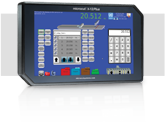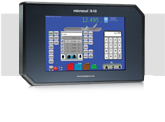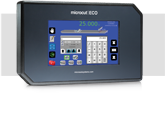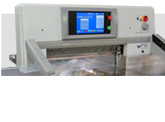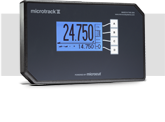Q: How quickly can an inspection be scheduled if the used paper cutter is located in a remote or hard-to-access facility?
A: Although timing depends on location and accessibility, we can typically arrange an inspection within a week or less, even in challenging or remote locations.
Q: Do you offer any consultative guidance if the inspection reveals major mechanical or safety concerns that might influence a purchase decision?
A: Yes, if our inspection highlights critical safety or mechanical issues, we can provide guidance to help you make decisions regarding repairs, replacements, or other options.
Q: Are you able to perform partial or remote inspections (e.g., virtual assessments) when traveling to the machine’s location isn’t immediately possible?
A: Yes, we can conduct partial or remote inspections, such as virtual assessments, when an immediate on-site visit is not feasible, allowing us to identify potential problems and recommend next steps before a full evaluation.
Q: What happens if the inspection uncovers rare or outdated parts that are difficult to source—do you provide retrofit recommendations?
A: Yes, if we discover parts that are rare or no longer available, we offer various retrofit solutions and upgrades to keep the equipment operational and up to modern standards.
Q: Are there specific brands, ages, or models of paper cutters and handling equipment that may not be suitable for inspection?
A: Yes, there are a handful of makes and models that are excessively old, unsafe, or unsupported, making them unsuitable for inspection or repairs due to limited parts availability and safety concerns.


